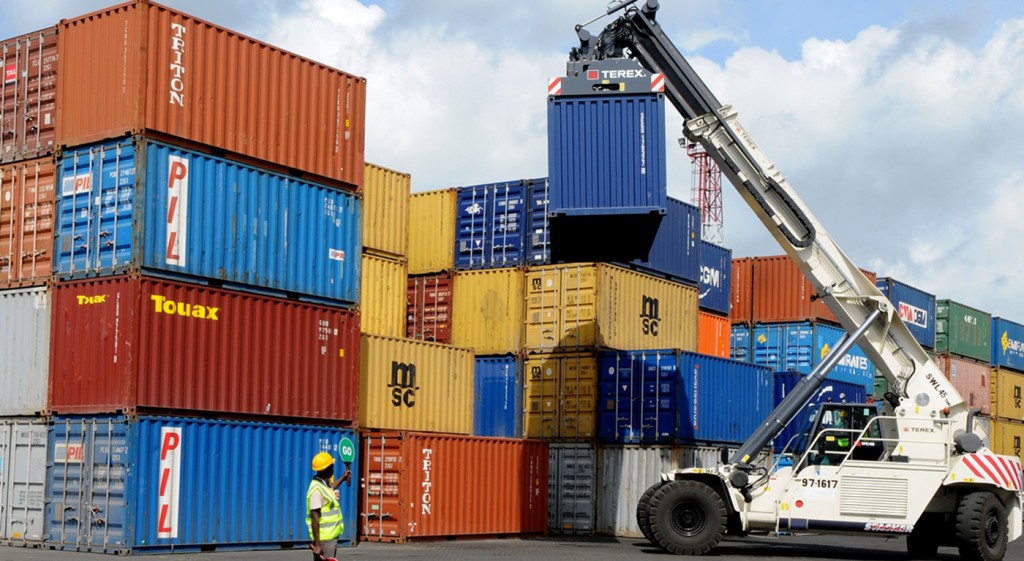×
The Standard e-Paper
Fearless, Trusted News

An audit of firms contracted to verify imported goods from their countries of origin has revealed major operational gaps.
That is despite charging huge costs for assessing the quality of the goods, which is 0.5 per cent of the value of the imports.